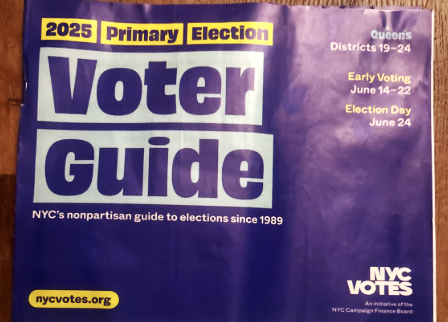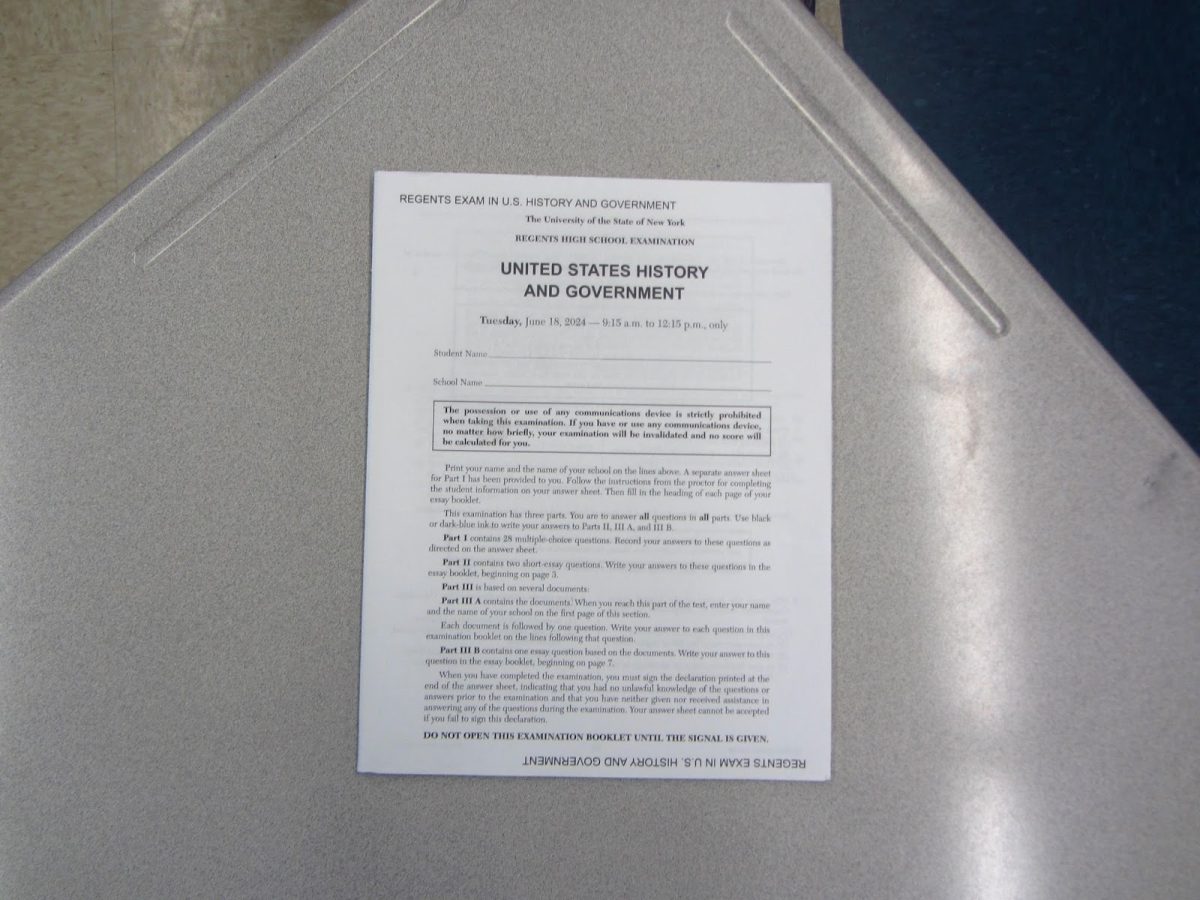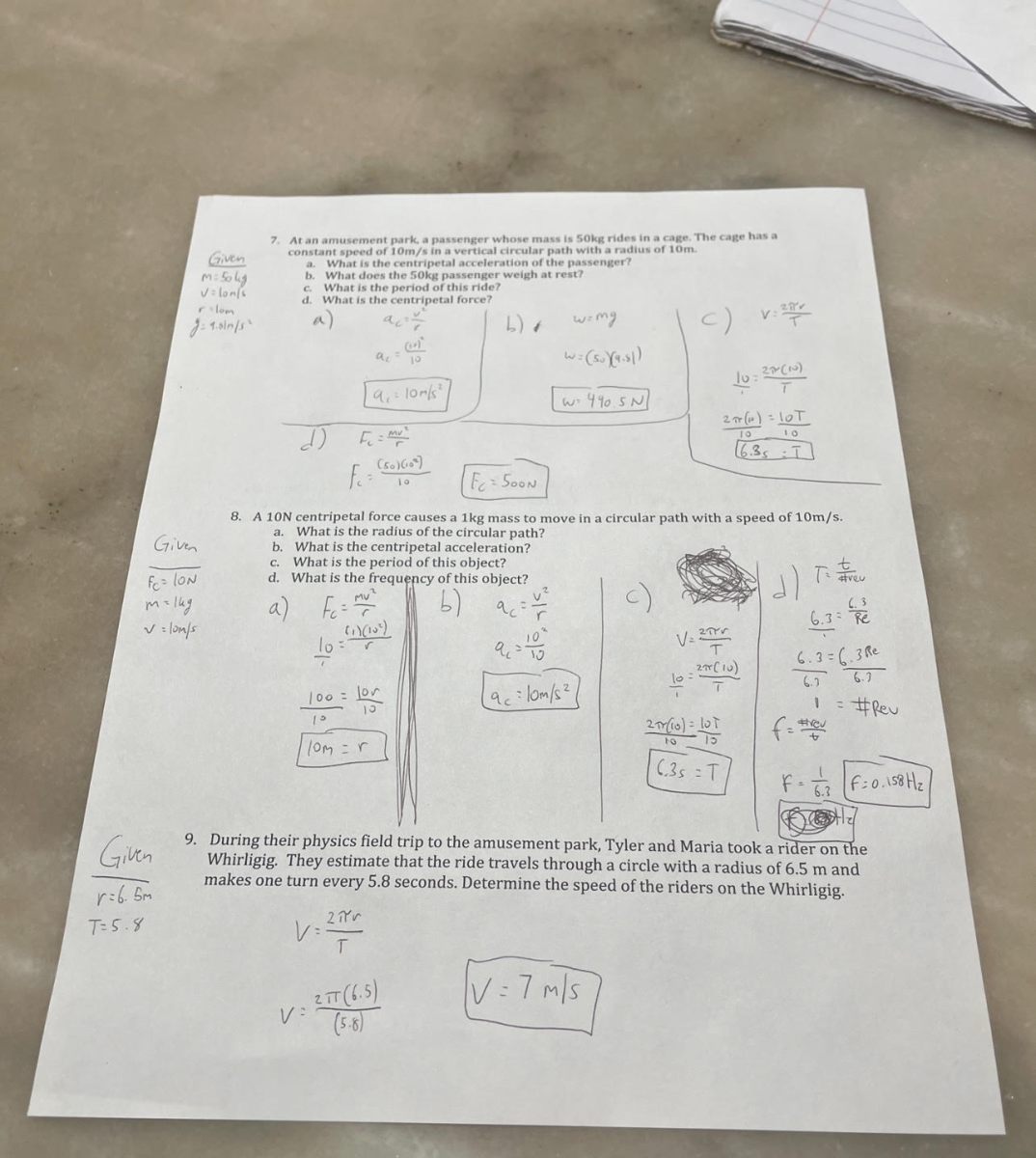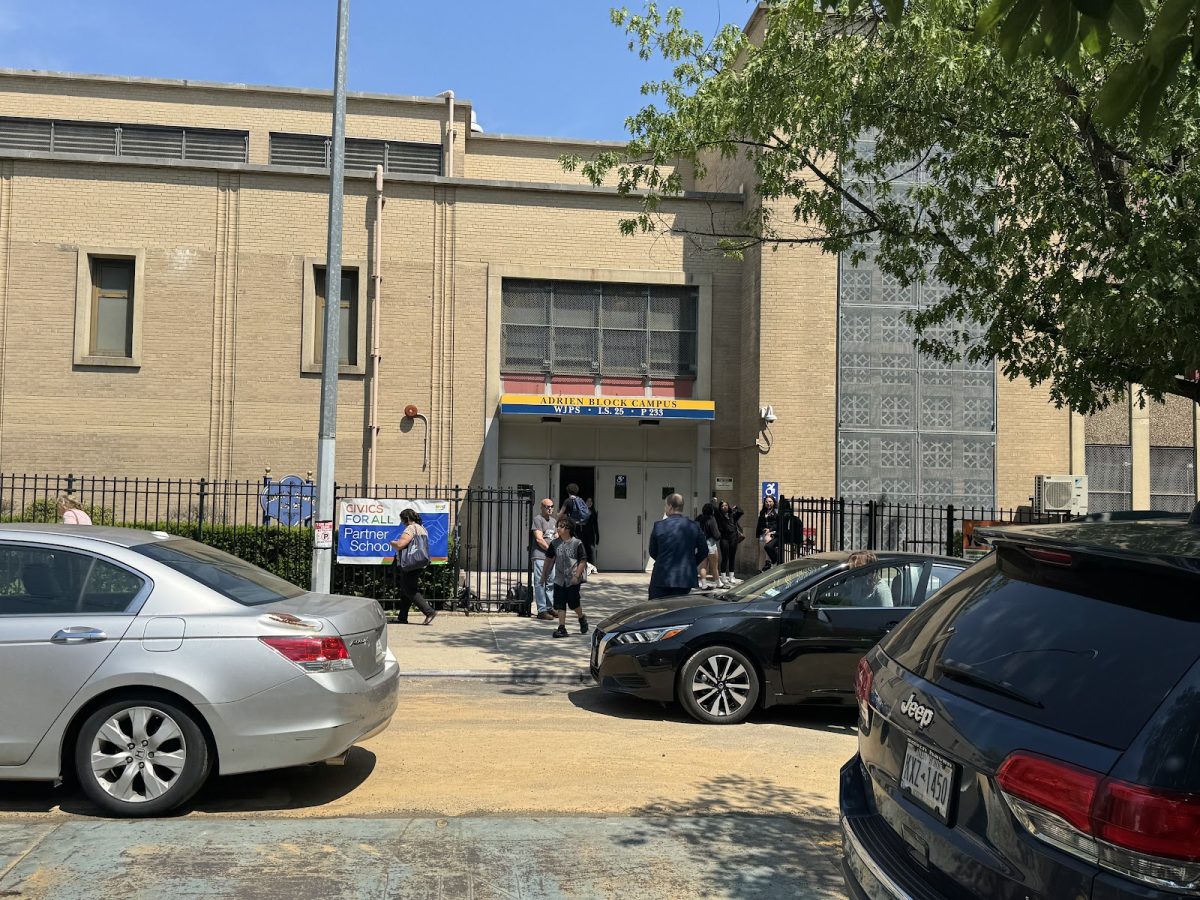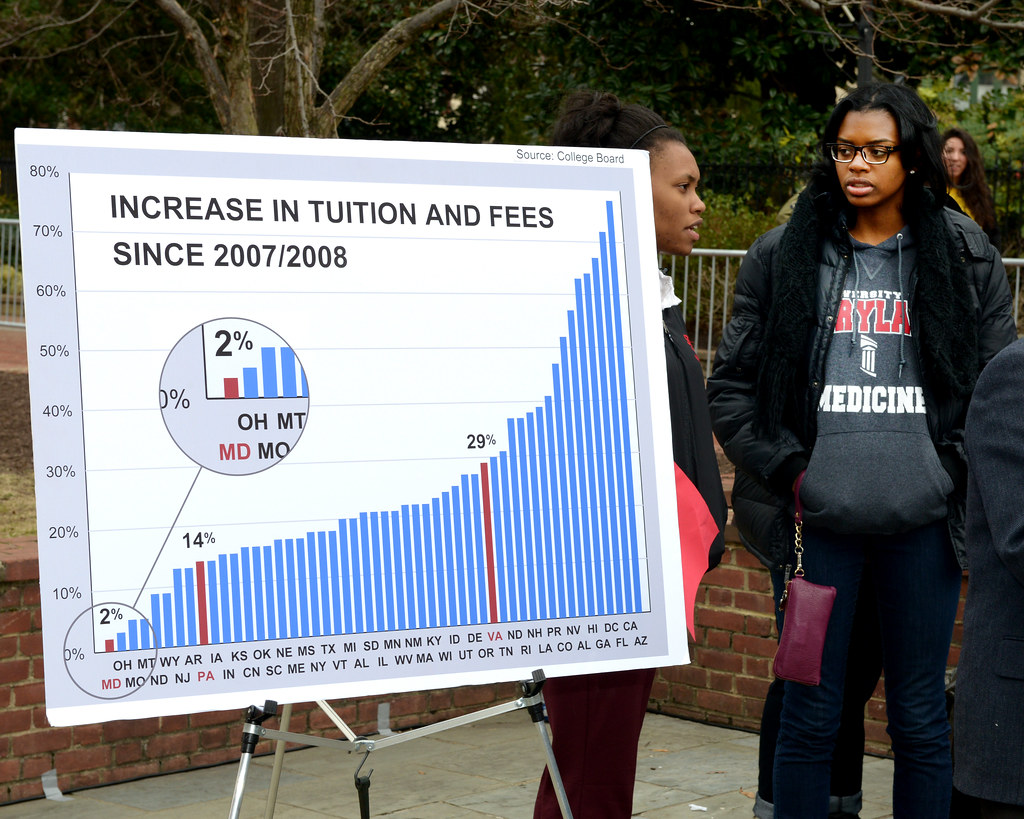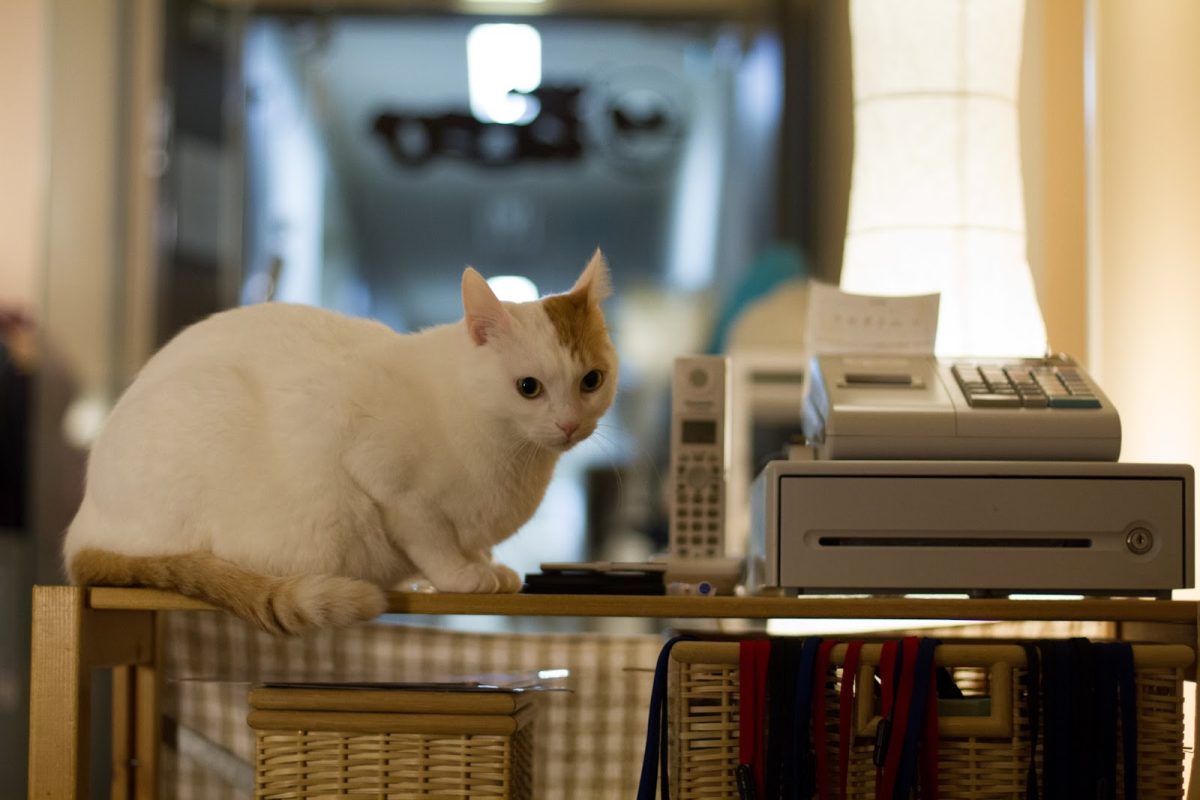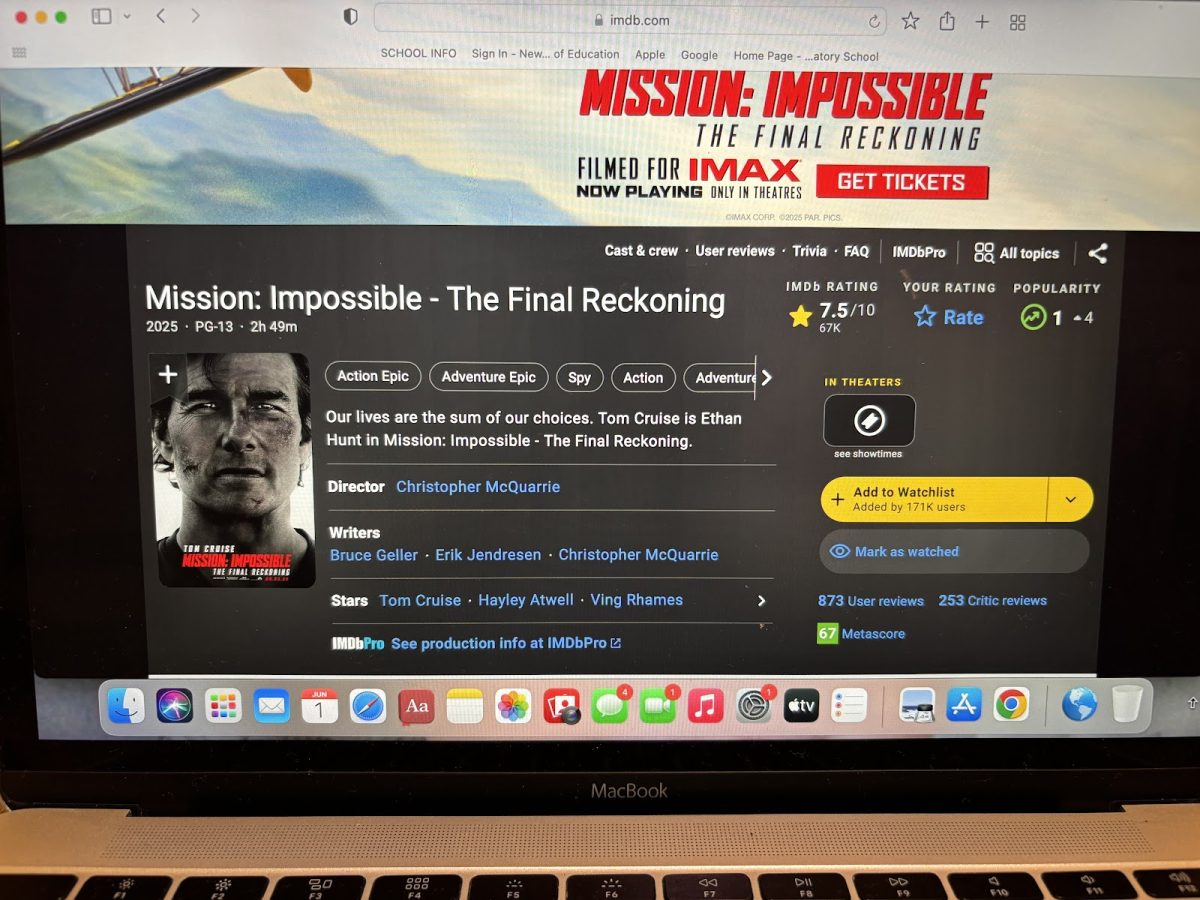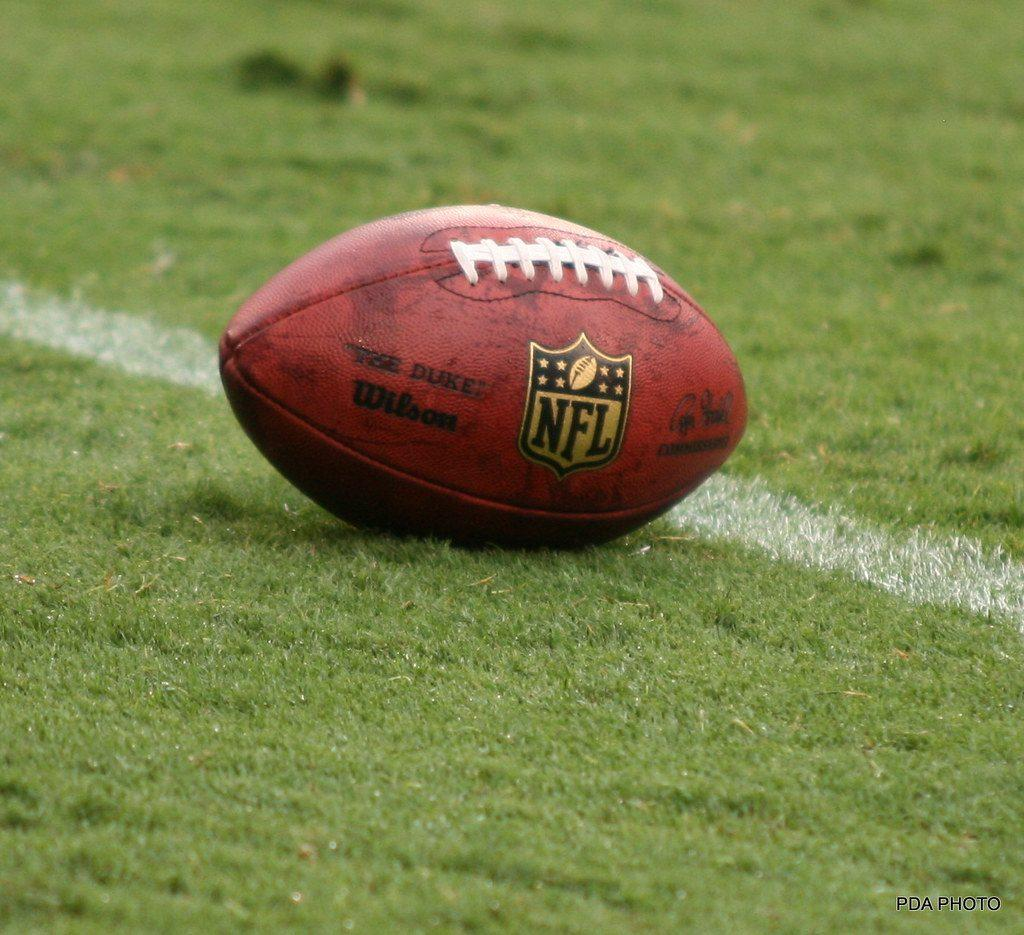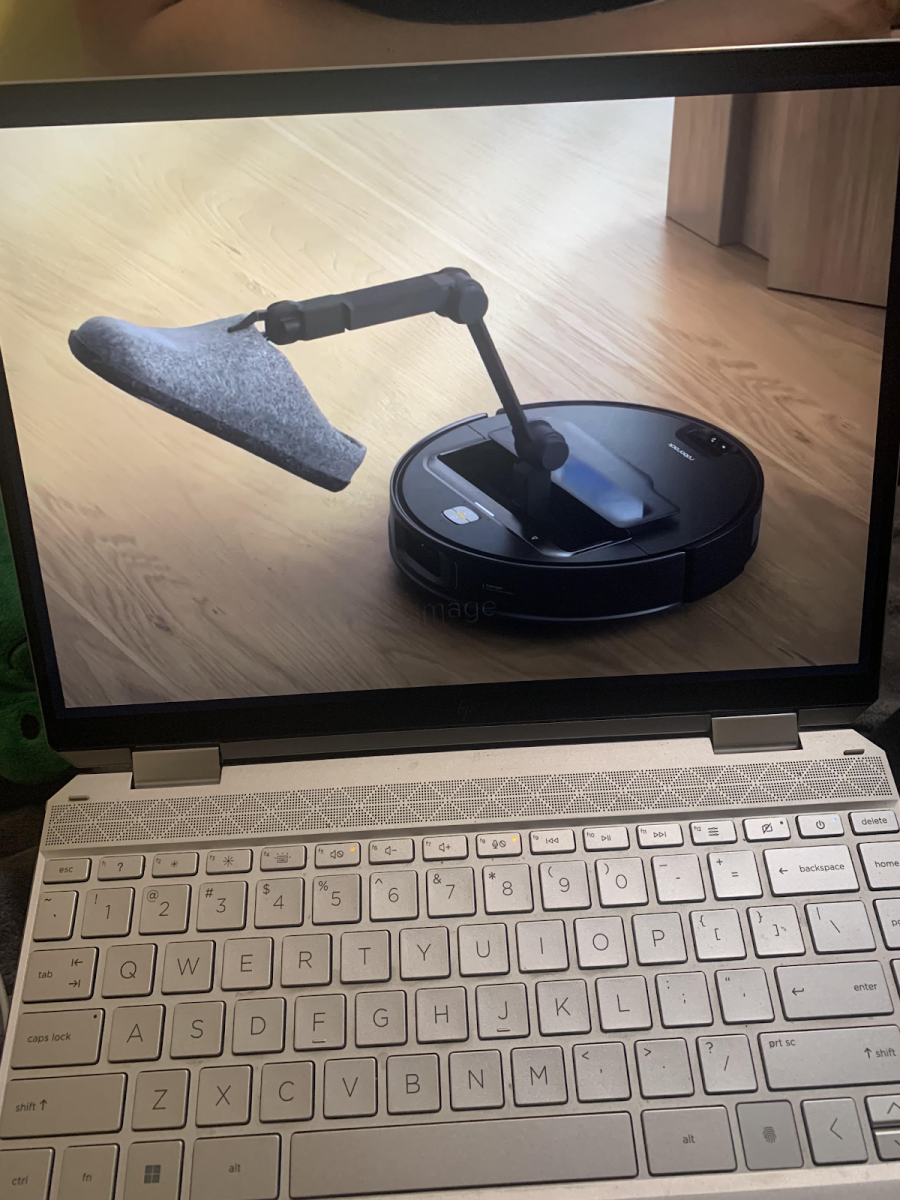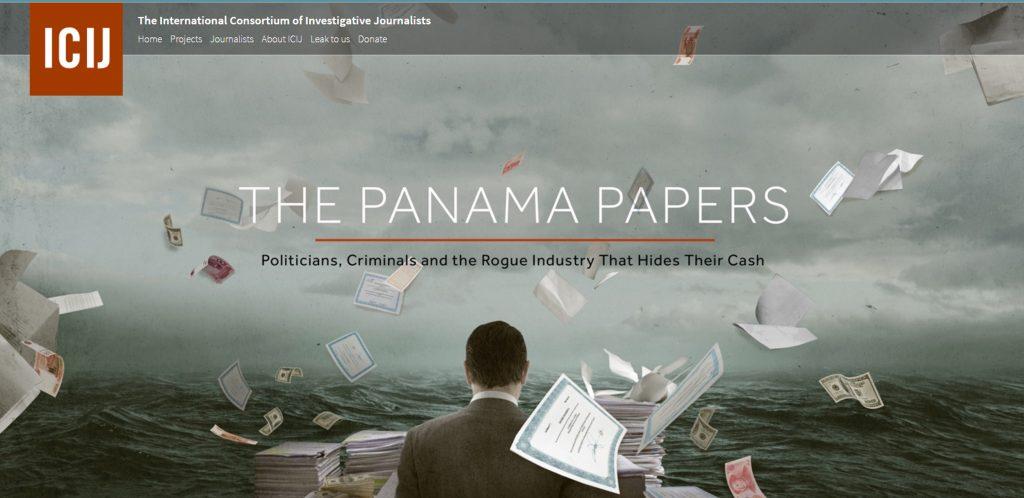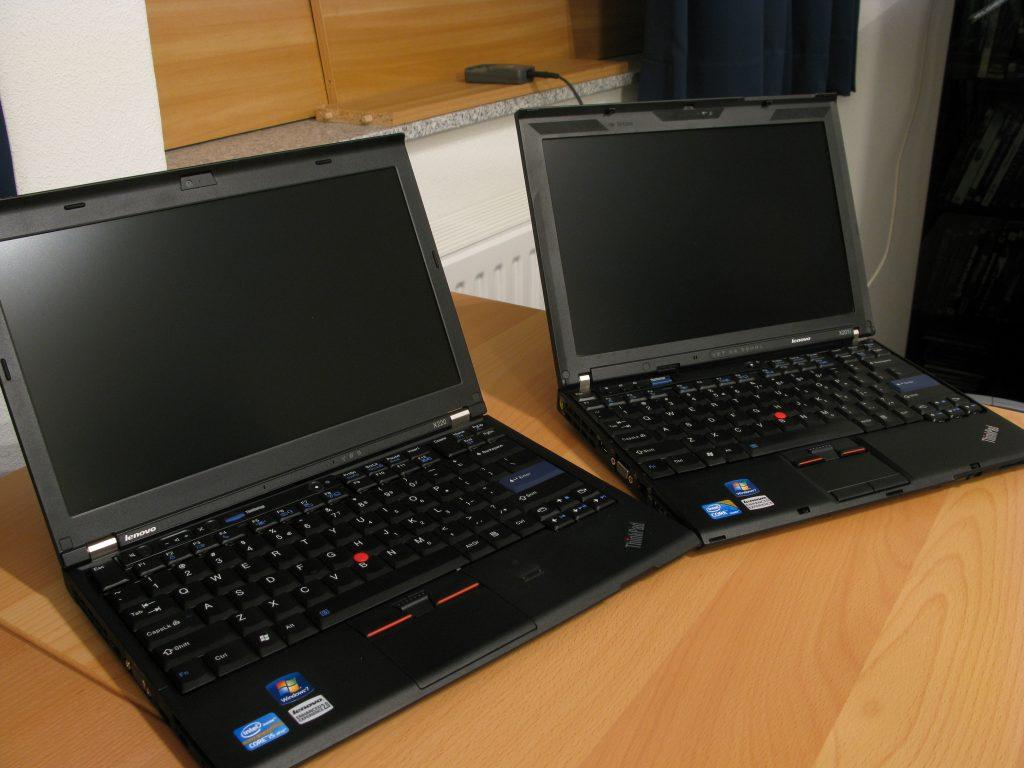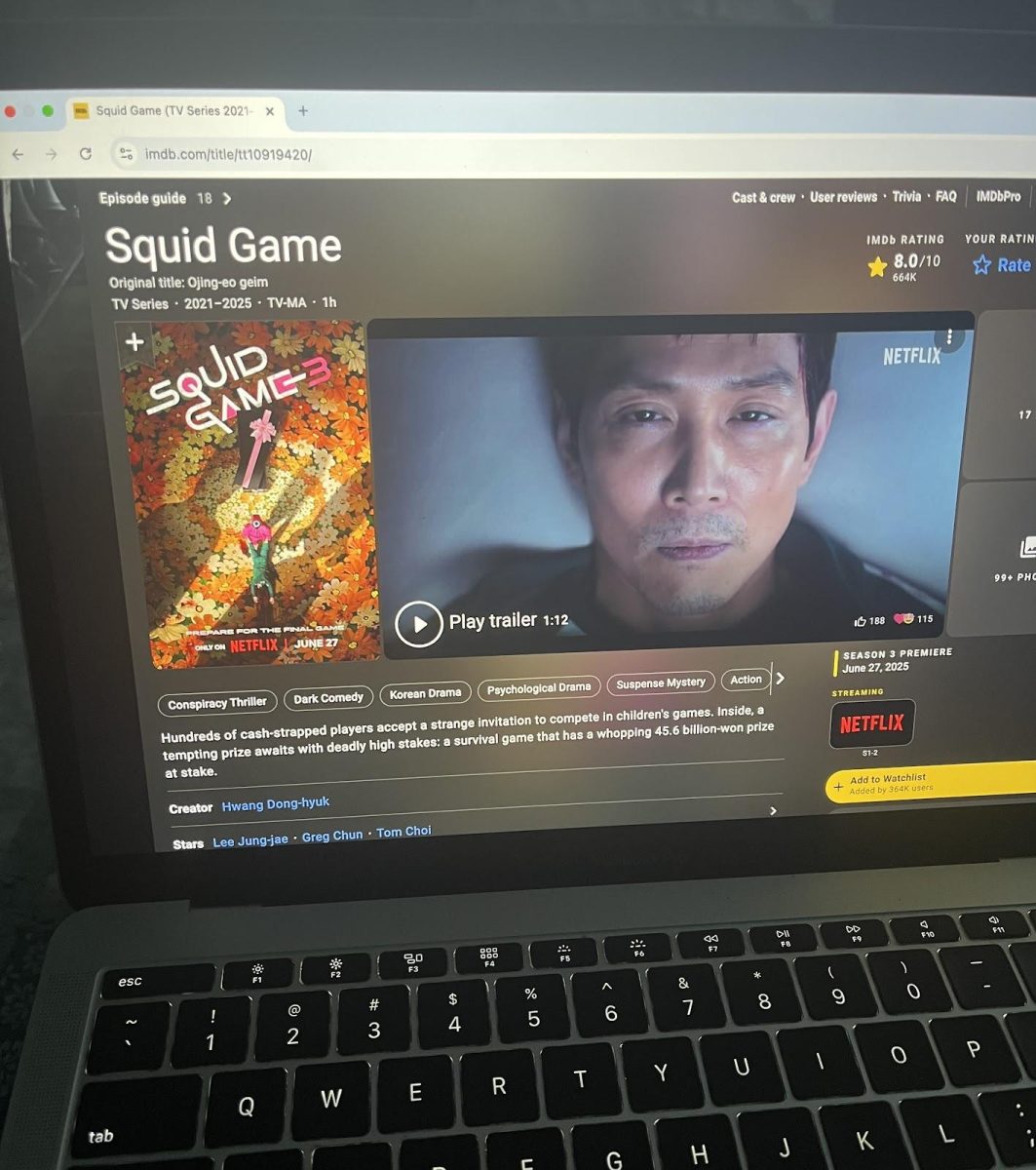by Keith Loh, staff reporter

Currency first existed in the form of bartering. Bartering is defined as an exchange for a good or service for something of a similar value. This proved to be slow and ineffective because if someone wanted to trade cheese for bread, but the other person didn’t want cheese, then the two had to come to a compromise or decide not to trade at all and find another person to trade with. This method of trading dates all the way back to 6000 B.C and was first introduced by Mesopotamian tribes.
Bartering would later become commodity money, which means that the currency that is being traded has an inherent value to it. The most common examples of commodity money is gold, silver, copper, spices, salt, and even tobacco. Gold, silver, and copper are all highly malleable and have a low melting point compared to other precious metals, which is why they are so highly valued. Though this was more effective than bartering, it was a burden to carry around such heavy metals.
Spices and salt have multiple uses from preserving and flavoring food to religious rituals. Salt was so highly valued that Julius Caesar paid his soldiers in salt, which is where the word salary originated from. Though spices are easier to carry than metals, spices are much less durable and have a lower shelf life. Gold can be buried for centuries without anything happening to it, while spices tend to expire in less than five years. This would pave the way for commodity-backed money, which is a much more practical way of transactions.
“As humanity advances, so does currency. With every transition that we make, money transforms with us,” senior Alessandro Leto said.
Commodity money would then evolve into commodity-backed money which is what most people are familiar with. Commodity-backed money, also known as representative money, has no inherent value. The most common commodity that was used to back a currency was gold, which is why the Gold Standard existed. People were able to carry around bills to represent gold, instead of having to carry the gold itself, which would have been cumbersome. This form of currency would eventually be abandoned by the U.S during the Great Depression, making way for fiat money.
“I always thought that money was backed up by gold, not by the government, ” senior Chris Stena said.
Fiat money is what would succeed commodity-backed money and is still in use today. t
Similar to commodity-backed money, fiat money is representative, but instead of it being backed by a commodity like gold, it is instead backed by the government. Fia money is defined as any money declared by the government to be legal tender and is non-convertible. The advantage that fiat money has over commodity-backed money is that an infinite amount of money can be printed. However, this puts fiat money at risk of becoming useless due to hyperinflation. Inflation is when the worth of a currency gradually becomes less, to the point of hyperinflation, which is a more severe version of inflation, making the currency near worthless. As long as people have faith, then currency will hold its value.
“Alongside the invention of writing, the use of money is the single most important development of human history. Without it, modern banking would not be possible,” 12th grade history teacher Mr. Mengani said.
Cryptocurrency, also known as digital money, not to be mistaken for virtual money has become increasingly popular, most notably, Bitcoin. It is undeniable that if all countries were to share the same form of currency, then the process of trading good and services would become much faster. Of course, this comes with the possibility of fraud and presents opportunities for hackers to take advantage of an online currency. This undiscovered frontier could hold an infinite amount of benefits for the economy.

